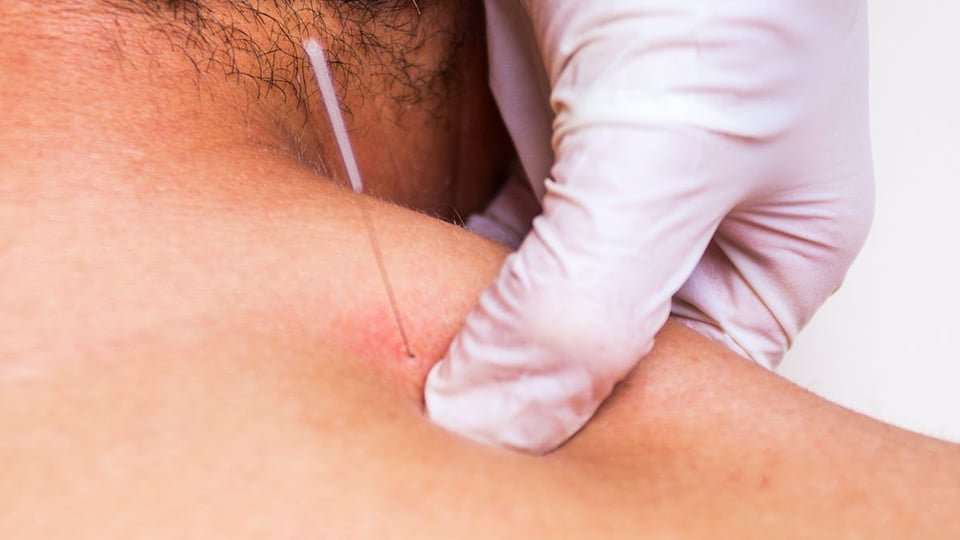Dry Needling Evidence-Based Concepts and Essential Skills
John Gwilliam, PT, MHA, CWS, Cert. DN
Includes all course content in digital format
Prerequisites Required
Description
Dry needling is a practice that has been around for many decades, but over the last 10 years, it has emerged as one of the most effective strategies to address and improve neuromuscular and musculoskeletal dysfunction and pain.With established and emerging evidence, various models and methods have been developed to use this intervention to help reduce pain, improve motion, and restore function.
This course will provide participants tools and resources to assist the therapist in determining when and how to utilize dry needling for the benefit of each patient. Participants will review current evidence and best practice recommendations. In addition, participants will be provided an overview of various techniques and approaches for dry needling, including case presentations and outcomes.
Highlights
- Evidence supporting dry needling as an intervention approach to help alleviate musculoskeletal limitations and pain
- Essential concepts for when and how to incorporate dry needling into the plan of care
Learning Objectives
- Identify and describe the primary benefits and theory of dry needling
- Describe key aspects of evidence-based assessment and treatment for dry needling
Course Content
| Dry Needling Evidence-Based Concepts and Essential Skills | SCORM Package | ||
| Next Steps | Module |
- Theory, Research, and Best Practices
- Trigger point theory
- Techniques
- Best practice recommendations
- Effective Assessment and Safe Intervention
- To needle or not to needle?
- Treatment guidelines
- The twitch response
- Electrical stimulation
DISCLOSURES
FINANCIAL: John Gwilliam is compensated by Summit as an instructor.
NONFINANCIAL: John Gwilliam has no non-financial relationships to disclose.
Click here to check accreditation for this course.